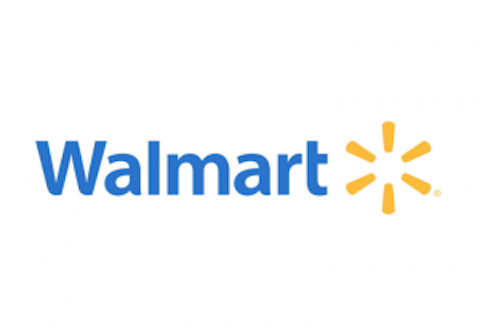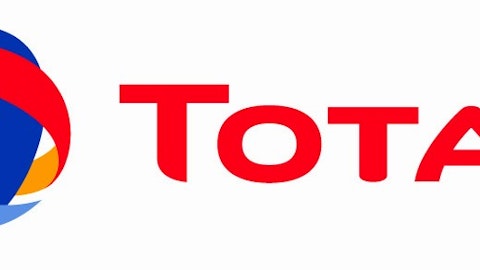Davos is the location of the annual meeting of the World Economic Forum. It’s supposedly where the world’s best and brightest share ideas. One idea that has percolated to the top at this year’s event is that the next big growth stories will be Latin America and Africa. There are some relatively safe ways to get access to these regions that you may not realize.
Davos
Once a year the World Economic Forum holds a meeting in Davos, Switzerland. The world’s richest, most famous, and smartest people make a big scene about their attendance and the media, almost predictably, follows along with accolades. How much actually gets done in Davos is hard to quantify, but it certainly is a circus.
One of the ideas that came from this year’s big event is that the next big emerging market stories will be Africa and Latin America. Being that there aren’t too many more regions in the world that haven’t yet been the big growth story, this bit of news doesn’t seem like that big a deal. However, the nod from the Davos meeting does merit some review.
Ways to Play
Interestingly, some relatively large companies that trade on the U.S. exchanges have been expanding in Africa or Latin America, and, in some cases, both areas. This means that investors can take part in these “hot” new developing regions without taking on too much additional risk.

Wal-Mart, for example, has exposure to both Africa and Latin America. In 2011, the company paid $2.4 billion to gain a controlling stake in South Africa’s Massmart. Like Wal-Mart, that company operates in the discount space. Doug McMillon, the president and CEO of Wal-Mart’s international division, told Reuters that “Building our business in the markets that we are currently in is our primary focus.”
However, he has also expressed that the company is taking a long-term view of the region. A relatively slow approach probably makes sense, since Wal-Mart will have to get used to operating in Africa and Africa will have to get used to operating the “Wal-Mart way.” Known for its ruthless efficiency, Wal-Mart would clearly be better served having a solid foundation for growth in place instead of building out a presence with a foundation that crumbles under strain and makes the company look bad.
Wal-Mart also has a material presence in Latin America, with locations in such countries as Argentina, Brazil, Chile, Costa Rica, El Salvador, and Nicaragua. At the end of fiscal 2012, the company’s store count in Mexico accounted for a little over a third of its total international store count. There’s little doubt that this nation, above all others, is key to the company current performance. However, a growing presence in the rest of Latin America will be important for long-term growth.
Fastenal Company (NASDAQ:FAST)
Founded in the late 1960s, Fastenal sells industrial and construction supplies to wholesale and retail customers domestically and internationally. At the end of 2011, the company had over 2,500 stores selling products from 11 different product lines. North America makes up the vast majority of its business. Management believes this market can support about 3,500 stores, but has not yet made any projections for its international growth potential, which is likely to be material based on a currently limited foreign presence.
Part of the company’s competitive advantage is the size and scope of its store base and distribution system in a highly fragmented market, something that it should be able to replicate internationally. Indeed, while it’s hard to describe the company’s business of selling such things as nuts and bolts as “sexy,” it is a pretty reliable business. The company currently has 36 stores in Mexico, with a focus on major city centers. If the company’s expansion efforts in the United States is a guide, there’s plenty of growth ahead in Mexico, and likely other Latin American countries, for this industry leader.
Eni SpA (ADR) (NYSE:E)
Perhaps the most distinguishing feature of ENI is its solid relationships with countries that are typically considered difficult to deal with. This is particularly true with regard to Africa and the Middle East. Hailing from Italy gives the international oil giant a proximity benefit that competitors don’t enjoy, but location is only part of the equation. Management has gone to great lengths to ensure ENI’s access to reserves in these countries. In fact, the company is one of the biggest players in Africa.
If Africa “takes off” ENI’s results will probably see a positive impact, if for no other reason than working in the countries will be easier. Moreover, as nations develop, ENI will have a first-mover advantage in signing new contracts. The Italian government has a large stake in the company, potentially biasing management away from shareholder friendly activities, which should be a concern, and lagging operations outside of its core business appear to be dragging down overall results. Still, those seeking exposure to Africa would be well served by looking at the relatively high-yielding international oil giant.
Play it Safe
While it’s nice for the rich and famous to talk about the next hot places to invest, it’s sometimes hard for the regular investor to translate that into an investment approach. This time around, however, there are some pretty low-risk ways to get exposure to the luminaries’ best ideas.
Yours,

The article Davos Elites See Opportunity in Latin America and Africa originally appeared on Fool.com and is written by Reuben Gregg Brewer.
Copyright © 1995 – 2013 The Motley Fool, LLC. All rights reserved. The Motley Fool has a disclosure policy.





